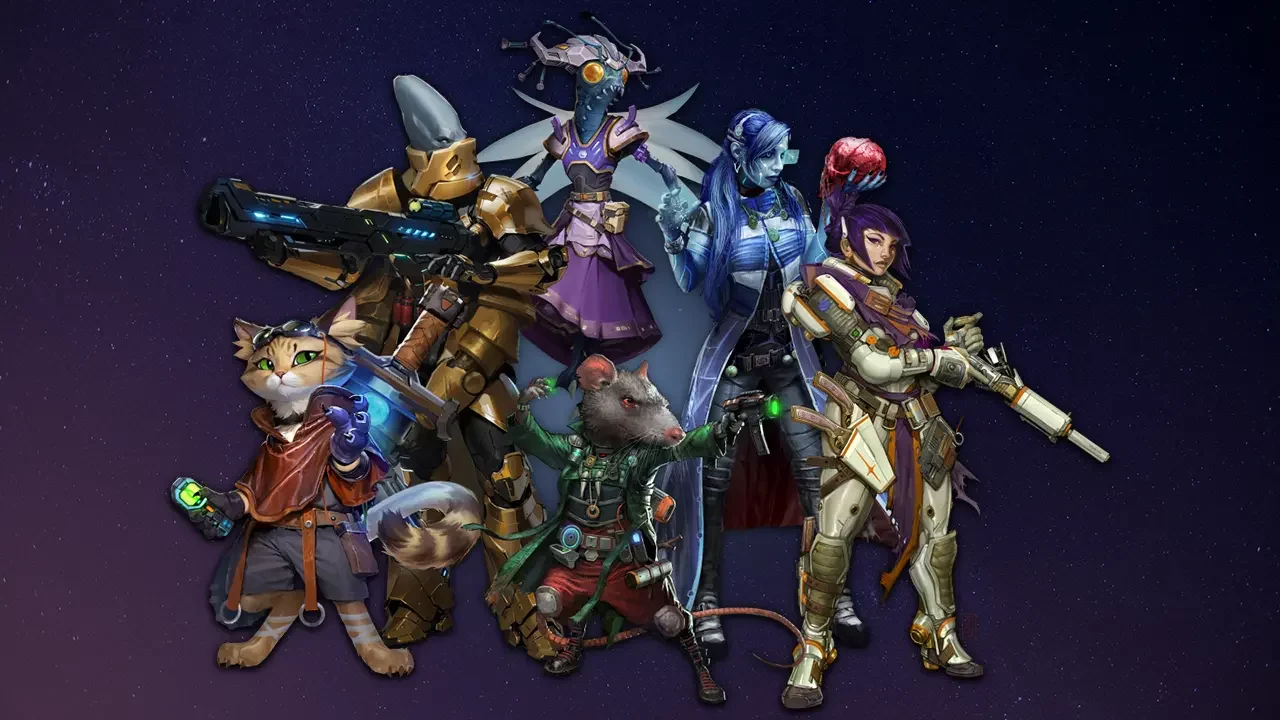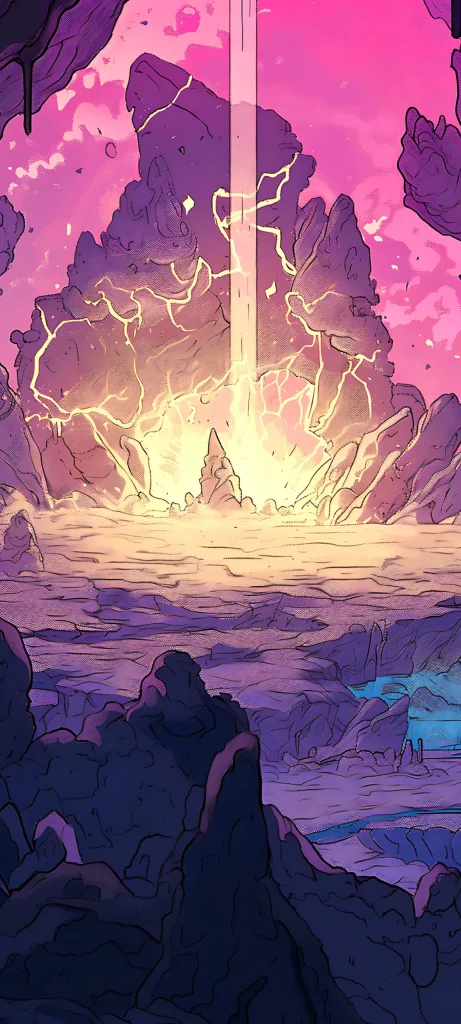
Have you noticed how tabletop roleplaying games (TTRPG) seem caught in an endless spiral of escalation that rushes to the epic? What began as friends around a table rolling dice has transformed into an arms race of narrative spectacle. Today's game masters often feel pressured to deliver world-ending threats and cosmic battles in every campaign.
The Problem With Always Going Epic
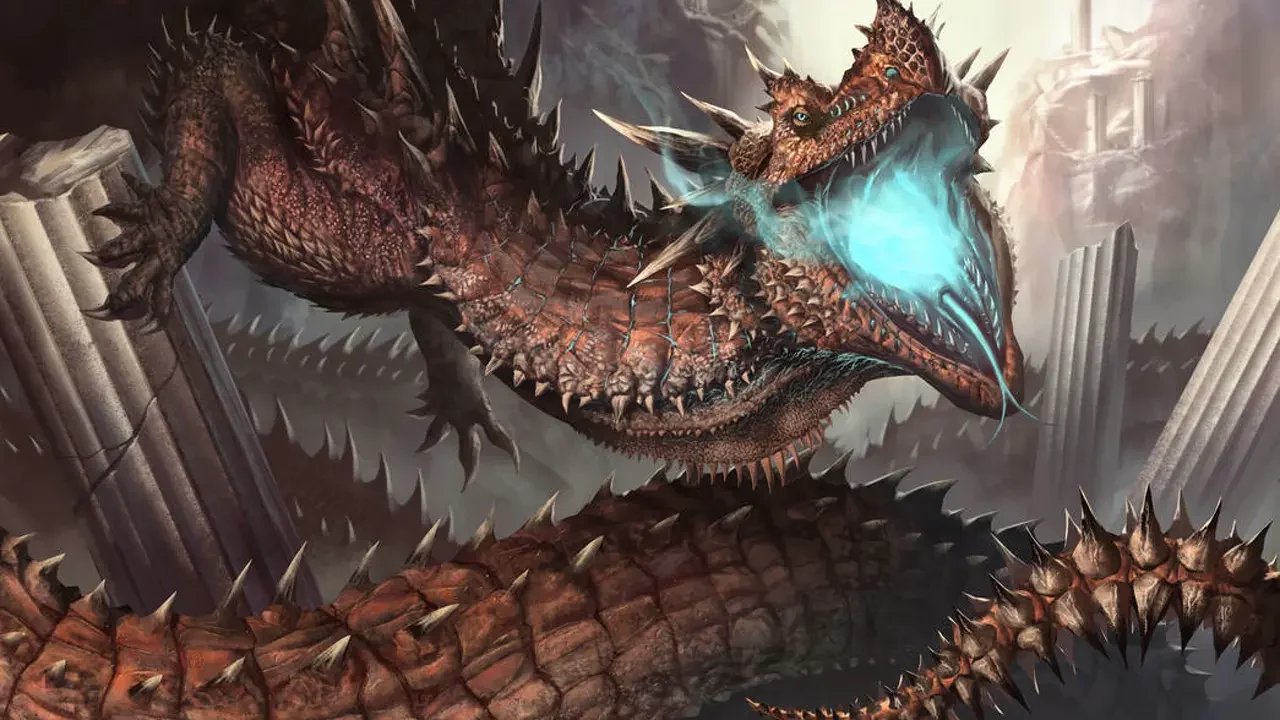
As gamemasters (GM), we've become addicted to creating epic moments—those highlights where gods are slain and the fabric of reality is preserved. Meanwhile, quieter moments of character developments are unnoticed. Several factors fueled this addiction:
Starting off, social media spreads unrealistic expectations. Groups are expected to create viral-worthy moments; nobody talks about the party helping a child finding the cure to a deadly disease.
Then, we musn't ignore the immense popularity of actual plays. Often featuring celebrity GMs, expensive equipment, and professional voice actors set up an impossible standard.
Finally, there's the influence of marketing. Artworks showcasing knights battling cosmic horrors, adventure modules promising reality-bending calamities, and character options turning your low-level soldier into a legendary hero.
As a result, the average GM feels inadequate if they can't deliver Critical Role-worthy performances and the average player feels out of place for not interpreting as professional actors do.
Why Smaller Stories Matter More Than Epics
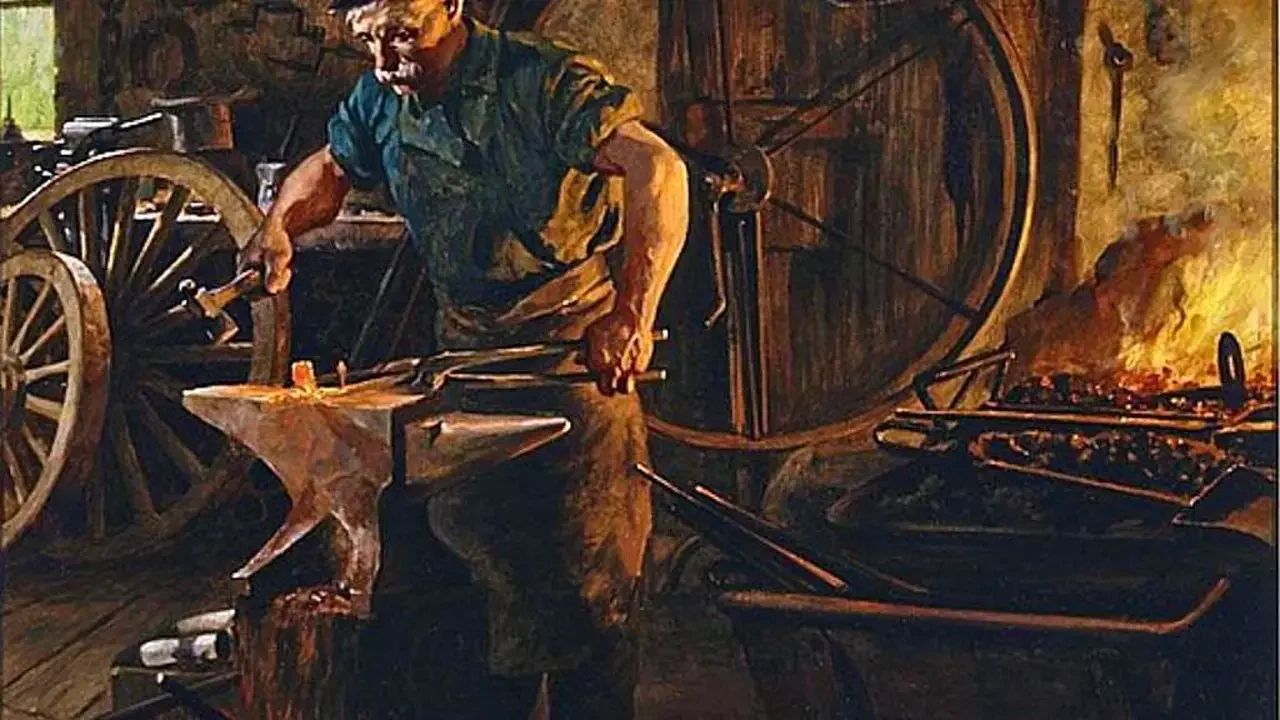
Here's an often forgotten truth: the most memorable moments often happen in quieter times. TTRPG isn't about the grandiosity of a threat, it is about the group's connection to what is being threatened.
When the party organized a funeral for the fallen blacksmith, Magnus, who had supplied them for many sessions. Old Magnus offered special discounts for the heroes and forged their specific requests; and the players helped to track down his long-lost daughter.
When the huntress of the group, Niara, teaches each member the traditional techniques of her homeland. Niara, the Swift, reveals beautifully unique hunting methods that respect both the land and the prey.
Remember that old tavern where we all started our first cliché adventure? They have more memories than any astral battlefield ever could. That friendly innkeeper that gives a lot of curious rumors or that travelling merchant who sells oddly useless trinkets.
They're compelling because they're recognizably human.
How Small Stakes Improve Player Agency

Here's a paradox worth considering: the more world-ending the threat, the less meaningful players' choices often feel. When facing the Monster-That-Destroys-Worlds, players really only have one choice—stop the monster.
In smaller, more intimate scenarios, players have genuine choices. When deciding whether to support the current mayor of a town or her rival in the upcoming election, both options are viable, both have merits and drawbacks.
Small-scale storytelling allows for creative problem-solving. When the party discovers a dispute between two farming families over water rights during a drought, they have plenty of options. They might negociate an agreement, seek out a druid's wisdom, investigate the cause of the drought, or research irrigation techniques.
Your paladin's approach to resolving a bitter water dispute between struggling farmers reveals far more about their moral compass than which smite-enhancing oath they swore at level 3.
Epic Scale vs. Lesser Scale
![fantasy-woman-torch A photo of a fantasy-dressed woman holding a torch. Illustrates [alt text].](https://www.michaelghelfistudios.com/wp-content/uploads/2025/02/fantasy-woman-torch.webp)
There's no need to abandon epic storytelling entirely. After all, we enjoy occasionally saving the world, and not just playing Peasant Simulator.
What you must strive for is a balance between the personal and the spectacular. That apocalypse that will destroy the world becomes much more significant when we've grown to care about its lands and people.
The impending demon invasion matters precisely because we've spent time in the city, know the shopkeepers by name, have favorite taverns, and can imagine specific faces among the potential victims.
Practical Tips for More Meaningful Campaigns
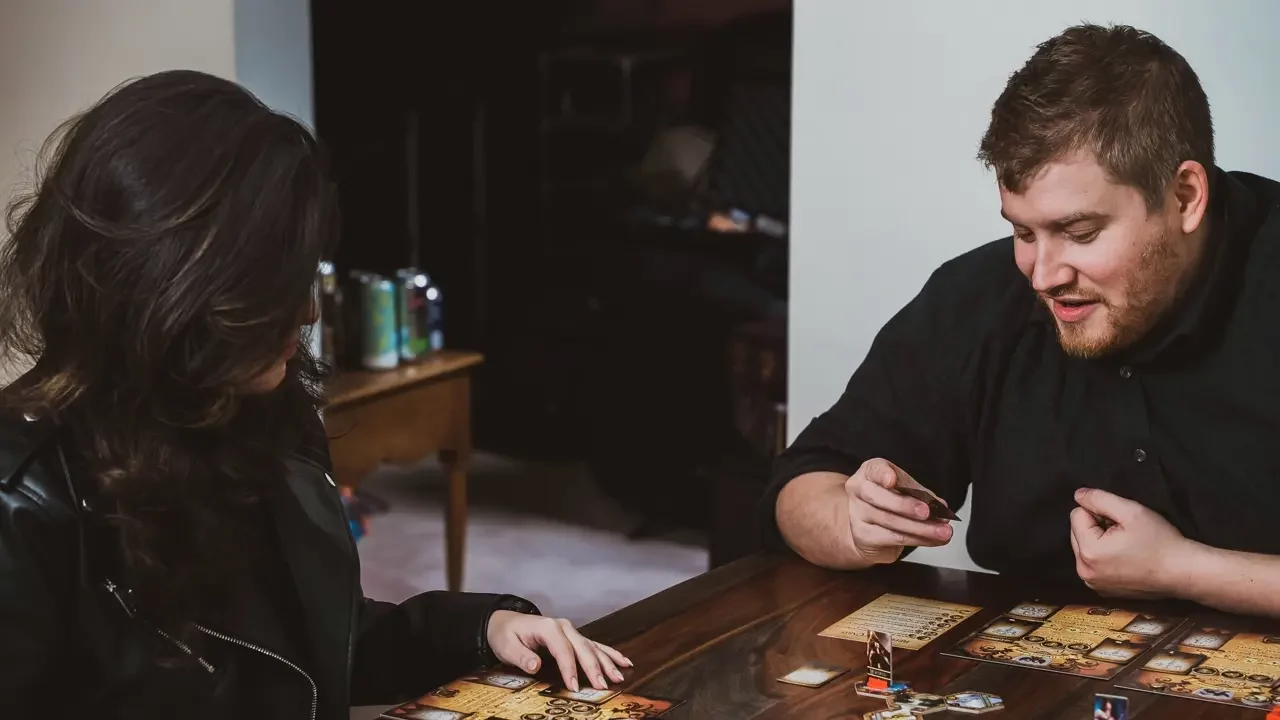
Here are some ways to incorporate more meaningful small-scale elements into your games:
—Develop recurring NPCs with their own goals and problems unrelated to the main plot.
—Create downtime activities that allow characters to pursue personal interests.
—Design local problems that can be solved in many ways and don't threaten the world.
—Celebrate small victories as much as world-saving moments.
—Ask players about their characters' day-to-day interests, not just combat prowess.
—Give players time to explore locations and meet people without immediate threats.
—Create consequences for small decisions that ripple through future sessions.
The Lasting Impact

Years after a campaign ends, what players reminisce about isn't usually how many d6s of damage they rolled during that boss fight. It's the night the party sat around a campfire and finally got the truth about the rogue's mysterious scar. It's the session where the normally stoic cleric broke down after finding the shrine to their forgotten deity, lovingly maintained by a single elderly devotee for decades.
The quiet moments paradoxically make the most noise. By balancing the extraordinary with the intimate, we create campaigns that touch players' hearts as well as excite their imaginations.
Small stories don't just matter—they're what make the big stories worth telling.
This article is based on the original content written by Alkemion's author, who offered to join their knowledge with our own. Don't miss out on their website!
